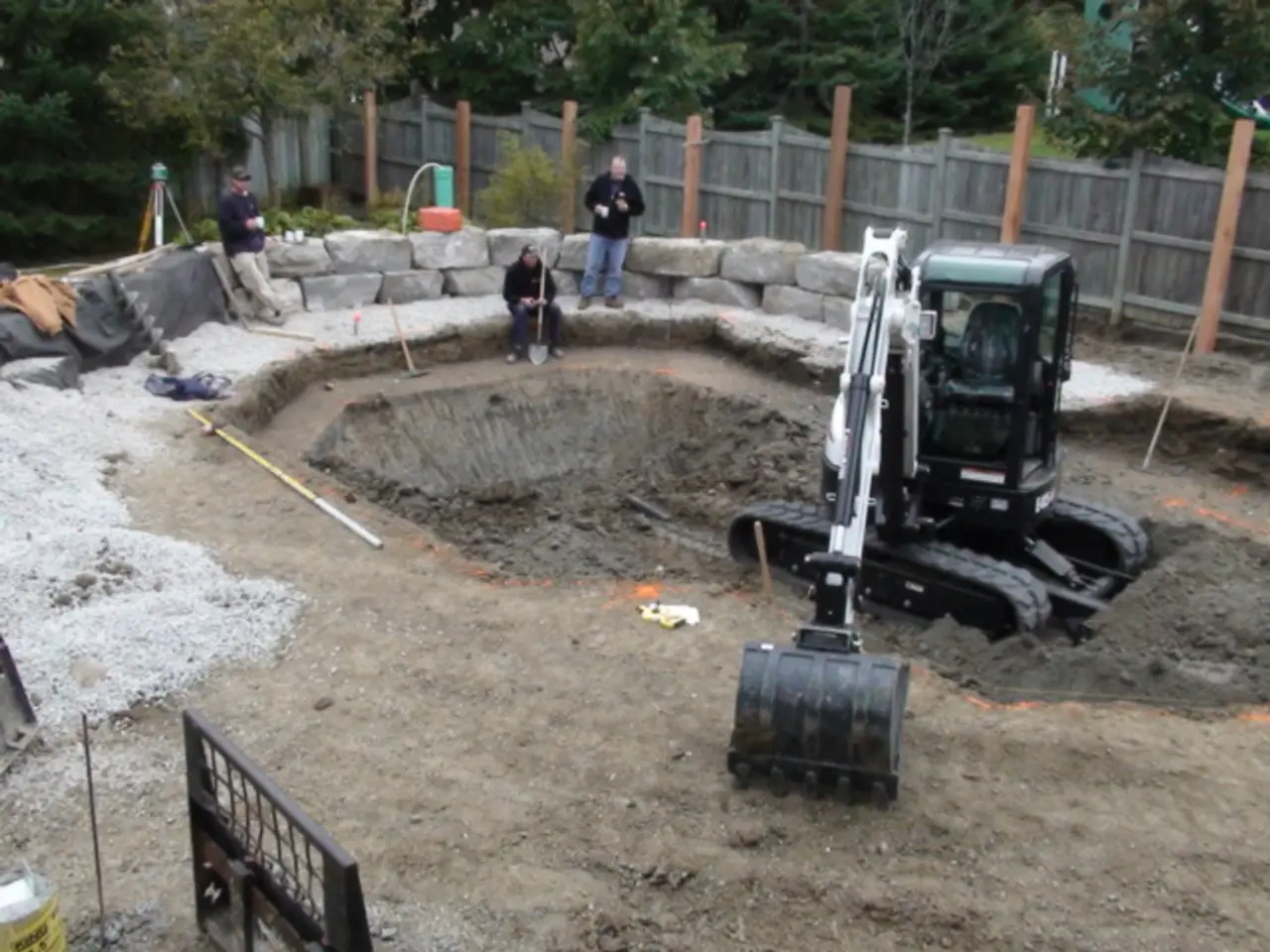Volunteers in Sochi participated in a training session called "LizaAlert" in Abynsk
In a significant move towards enhancing search and rescue operations in complex natural conditions, the LisaAlert regional search and rescue drills introduced the "Tracking" stage this year. The focus of this stage is on determining the direction of a person's movement by their tracks, a crucial aspect in the challenging landscapes of the Sochi district.
The tracking stage is designed to aid rescuers in utilising technology and volunteer networks to continuously update the location of those lost or in distress. This is particularly beneficial in areas like the Sochi district, where forests, mountains, and variable weather can complicate direct search activities.
By improving coordination and response times, the tracking stage allows search zones to be narrowed down based on real-time tracking data, thereby increasing the efficiency of search efforts.
The importance of the tracking stage was highlighted during the drills, with Sochi residents actively participating and demonstrating its relevance in managing the complex natural conditions of the Sochi district.
The primary objective of the drills, which took place from May 1st to 3rd in Abinsk, was to practice volunteer interaction in realistic conditions, improve preparedness, and share experiences. Over 100 volunteers from cities such as Sochi, Krasnodar, Novorossiysk, and Anapa participated in the event.
A mock search was conducted as part of the drills, simulating the disappearance of three people from two headquarters in the forest. The volunteers executed a full-fledged search and rescue operation, including information gathering and the evacuation of the "lost".
The drills included both theoretical lessons and practical exercises, such as headquarters work, radio communication, navigation, and ground coordination. Kynological units provided substantial assistance during the search phase of the mock operation.
The event aimed to raise the level of preparedness among participants for real-life search and rescue situations, underscoring the importance of advanced information technologies and volunteer engagement in LisaAlert’s programs, such as the AI Neural Network for searching people and SMS services for rapid volunteer involvement.
In conclusion, the introduction of the "Tracking" stage in the LisaAlert regional search and rescue drills signifies a significant step towards more effective and efficient search and rescue operations in complex natural conditions. The successful completion of the drills, with all the "lost" individuals being successfully found and evacuated, serves as a testament to the effectiveness of this innovative approach.
The tracking stage of LisaAlert regional search and rescue drills utilizes technology and volunteer networks to improve the efficiency of locating individuals in distress, particularly in challenging landscapes like Sochi district's forests, mountains, and variable weather. Embracing this innovative tracking strategy can lead to more effective sports-analysis, as it helps in managing and responding to emergencies in sports events held in such complex natural conditions.







